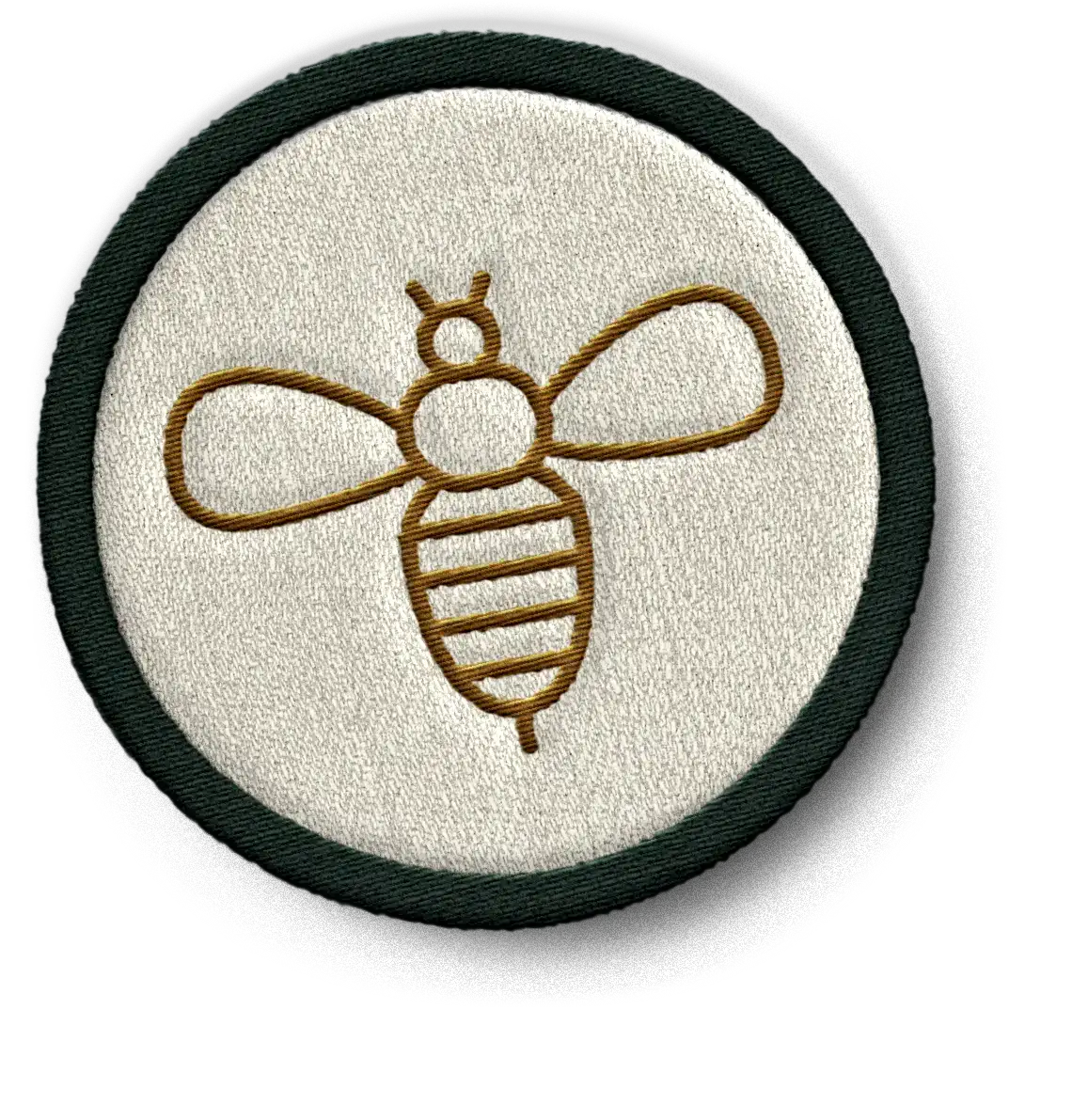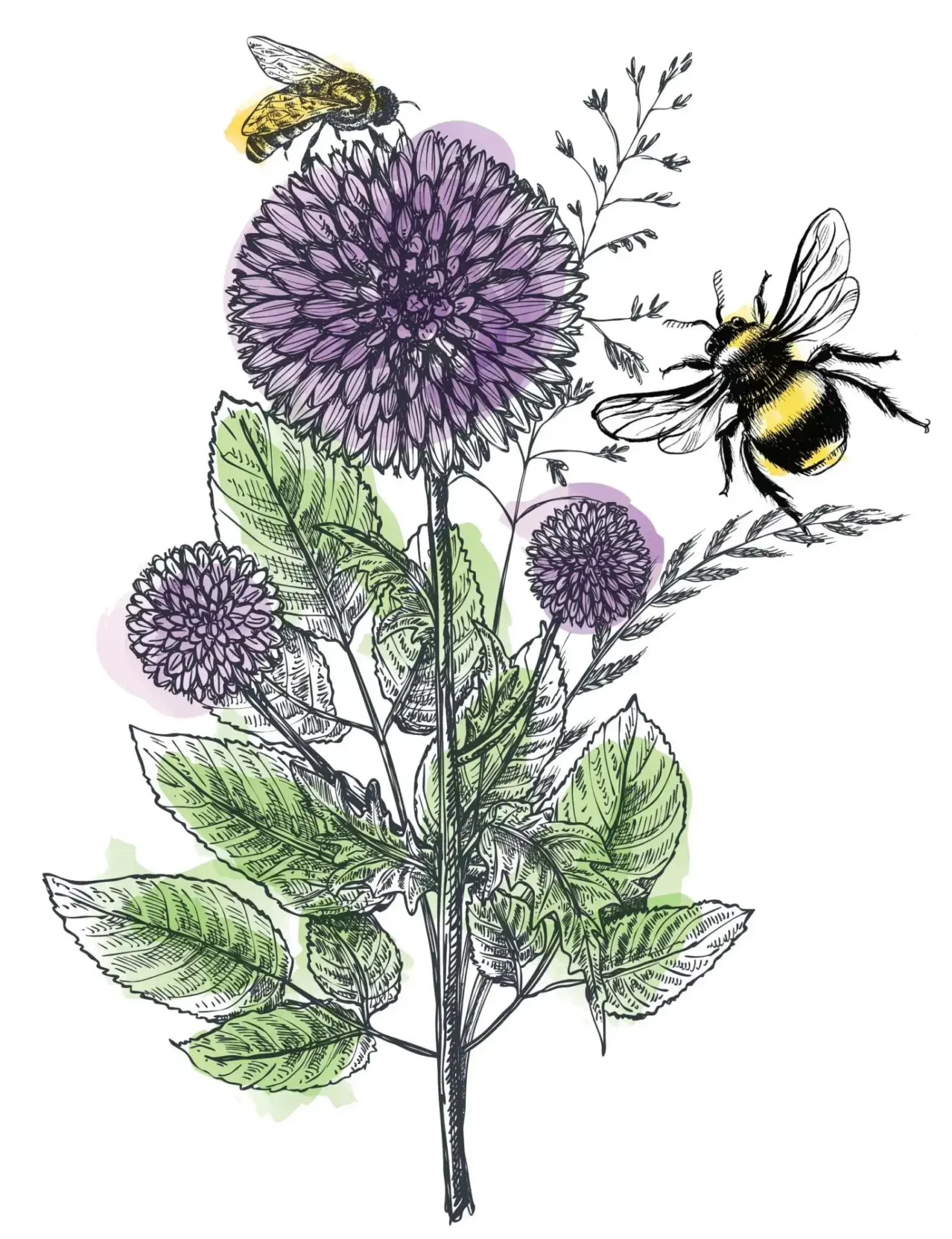The Dunwoody Nature Center has several pollinator protection initiatives to help protect our local bees and inspire the love of nature in our community.
BEEKEEPING

'BEE' PART OF THE COMMUNITY
Join Master Beekeeper Cindy Hodges for a brand new program at Dunwoody Nature Center in which children ages 6 through 13 get to learn about what it takes to be a beekeeper!
This club is intended for all those in the Dunwoody community who have beehives, want beehives, or are interested in learning more about beekeeping. The Beekeeping Club meets monthly at the Dunwoody Nature Center and features speakers on specific topics relevant to all audiences.
Join Master Beekeeper Cindy Hodges for an up-close and personal look at our resident honeybees! Whether you are an experienced beekeeper or just curious about bees, you will enjoy this fun and informative class! Ages 13+.
Junior Beekeepers
Dunwoody Beekeeping Club Annual Membership
Hive Inspections
Hands-On Classes
BEEKEEPING PROGRAM FREQUENTLY ASKED QUESTIONS
What should I wear to a hive inspection?
Always attend hive inspections wearing loose-fitting, light-colored pants; long socks (not wool!); sturdy, close-toed shoes; and a long sleeve top. Thicker materials are best, and everything should be light-colored/khaki.
Bees are attracted to different materials, especially wool, so never wear wool socks to a hive inspection! They are also more likely to sting you if you are wearing dark or tight-fitting clothes.
Can I purchase local honey from the Dunwoody Nature Center?
Yes! Please contact info@dunwoodynature.com to inquire about purchasing local honey.
I am having a problem with bees at my house! Who should I call?
If you notice a big pile of bees sitting on a tree branch, your outdoor furniture, or your child’s playset, congratulations! You have found a swarm! Swarming bees are looking for a new place to call home. This happens when a colony gets too large for its hive. These bees are generally gentle and well-behaved.
Occasionally bees will build a hive in your home’s siding, garage, or somewhere else inconvenient! While this can be frustrating and sometimes scary, it is NOT a reason to call an exterminator.
Please call a local beekeeper to come and remove the bees. They will help the bees find a happy new home. If you need help finding one, contact our staff at 770-394-3322 or info@dunwoodynature.org.
RESOURCES FOR SUPPORTING POLLINATORS
A FEW GOOD BOOKS INVOLVING BEEKEEPING
Plants Honey Bees Use by Shannon Trimboli
Honeybee Democracy by Thomas Seeley
Buzz About Bees by Jürgen Tautz



